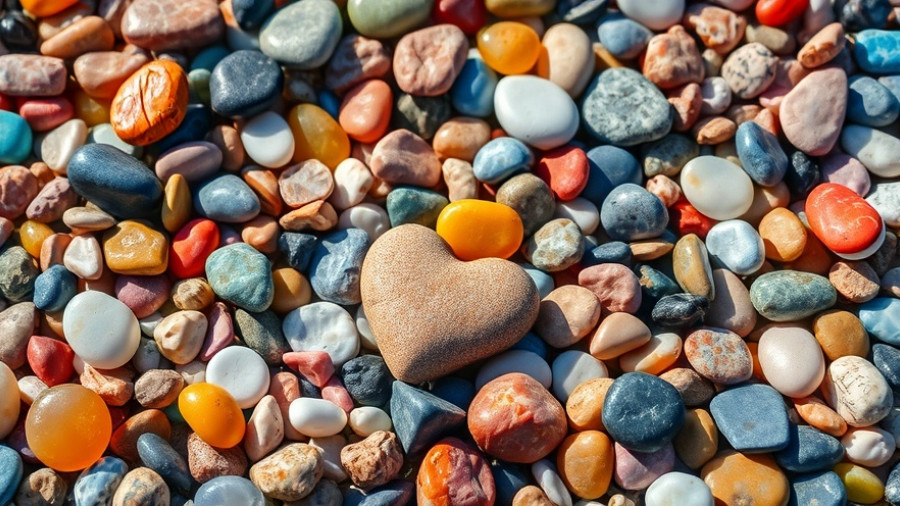
Rediscovering Life Through Slower Living
In today's rapidly paced world, the shift towards mindfulness and slow living is becoming more than just a trend; it's a crucial lifestyle adjustment. For many, including myself, slowing down can illuminate the hidden beauty of our daily existence. Just like in the insightful article by Mike on Tiny Buddha, where he emphasizes how his life transformed by simply pausing amidst the chaos, we can all benefit from embracing slowness.
The Culture of Speed: Why Slowing Down is Necessary
The message echoed by several wellness experts, including at Breathe Together Yoga, is that we live in an era dominated by speed—be it in our food, communication, or daily activities. This speed culture leads us to prioritize productivity over presence, often resulting in significant mental fatigue and stress. Tias Little's remarks in a yoga training reinforce this sentiment, pointing out that adopting a slower pace can be the antidote to our stress-filled lives, empowering us to truly savor our surroundings.
Mindful Living: A Step Towards Fulfillment
Mindfulness is not just a buzzword; it’s a practice with profound benefits for mental health. According to research compiled in Psychology Today, individuals who incorporate mindfulness into their daily lives report feeling less pressured by time and more grounded in the moment. Slowing down allows us to 'expand' our sense of time, giving us the ability to absorb more of life’s nuances, allowing us to appreciate experiences that we might otherwise overlook.
The Ripple Effect of Slowing Down
As Mike’s personal stories showcase, the internal shift from constant doing to simply being can foster a greater sense of resilience. Learning to listen to our bodies, recognizing when we are tired, and finding joy in small activities can cultivate a fulfilling lifestyle. This newly discovered tranquility can also enhance our relationships, enabling deeper connections with others, as we become more present in interactions.
Building Resilience Through Mindfulness
Resilience is not simply about enduring stress; it's about thriving in the face of life's inevitable challenges. When we practice slowness, as noted in the experiences of others who've adopted this lifestyle, we can handle adversity with grace. Resilience allows us to navigate through tough emotional waters without losing our footing. Doing less, in this case, leads to doing more in terms of emotional strength.
The Journey: Implementing Slow Living
Transitioning to a slower lifestyle does not happen overnight. It's about taking small steps, as highlighted in the transformation process described by Mike and echoed in various wellness discussions. Simple acts, such as disconnecting from screens, engaging in nature walks, or establishing a gratitude practice at day's end, can lead to momentous changes in our lives. It’s essential to remember that every small victory counts. By redefining our priorities through these mindful practices, we can reclaim hours that would be spent on digital distractions.
Creating a Community of Slowness
Finally, sharing this journey with others can multiply the benefits. Engaging family and friends in slow living projects not only cultivates accountability but also fosters a sense of community. This communal approach to mindfulness allows us to support each other in navigating changes, sharing successes, and collectively enjoying the simpler pleasures of life.
Conclusion: Why Slowing Down is the New Trend
The beauty of slowing down is accessible to everyone. As technology continues to command our attention, recentering our lives around mindfulness becomes more essential than ever. The act of slowing down opens doors to observe, appreciate, and ultimately enjoy life in a fuller capacity. So let’s take a moment to pause, breathe, and reconnect with ourselves and those around us.
Call to Action: Join the movement of slow living and mindfulness. Take actionable steps today by intentionally making time for moments that bring you joy and clarity.
 Add Row
Add Row  Add
Add 




Write A Comment